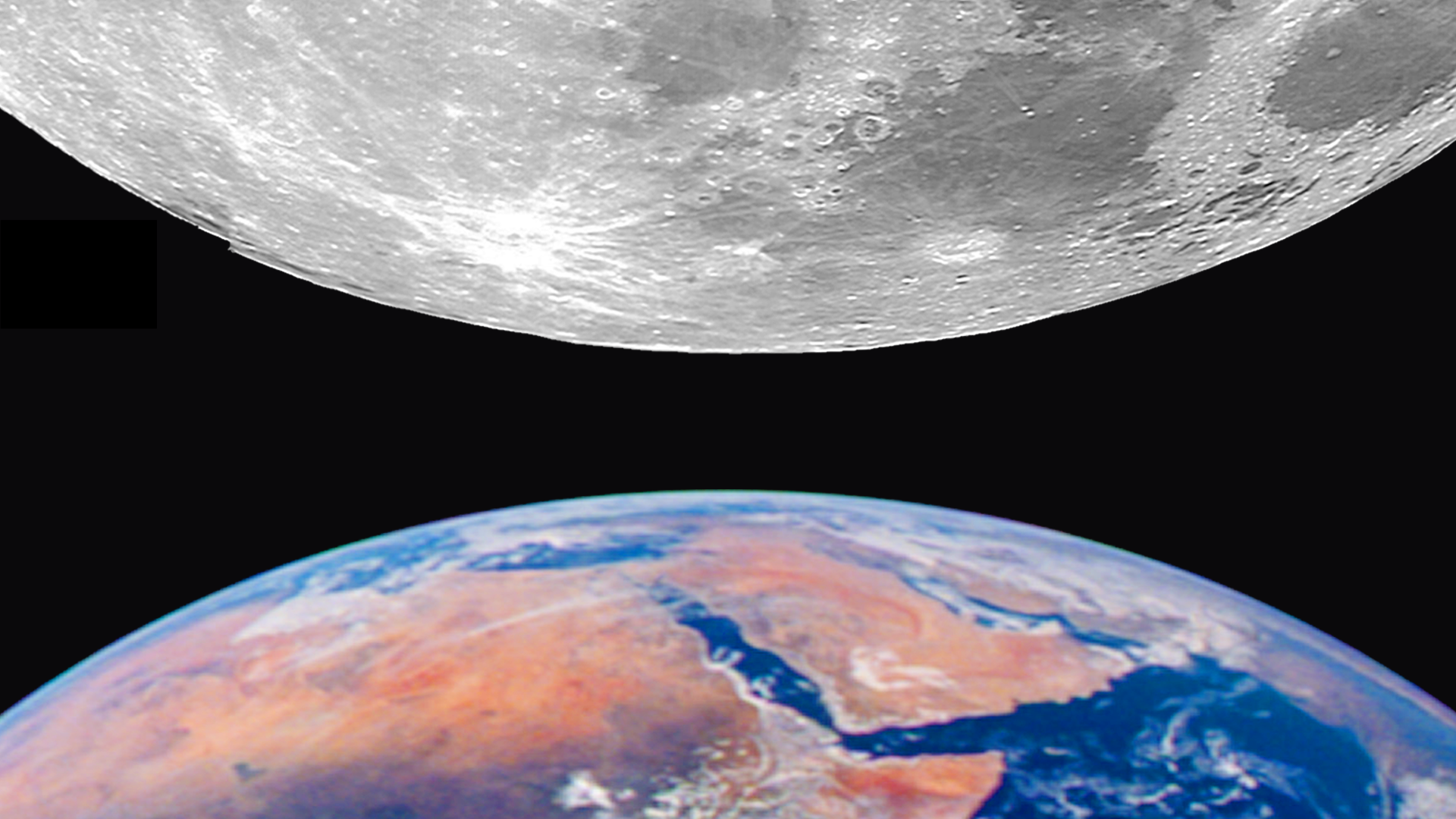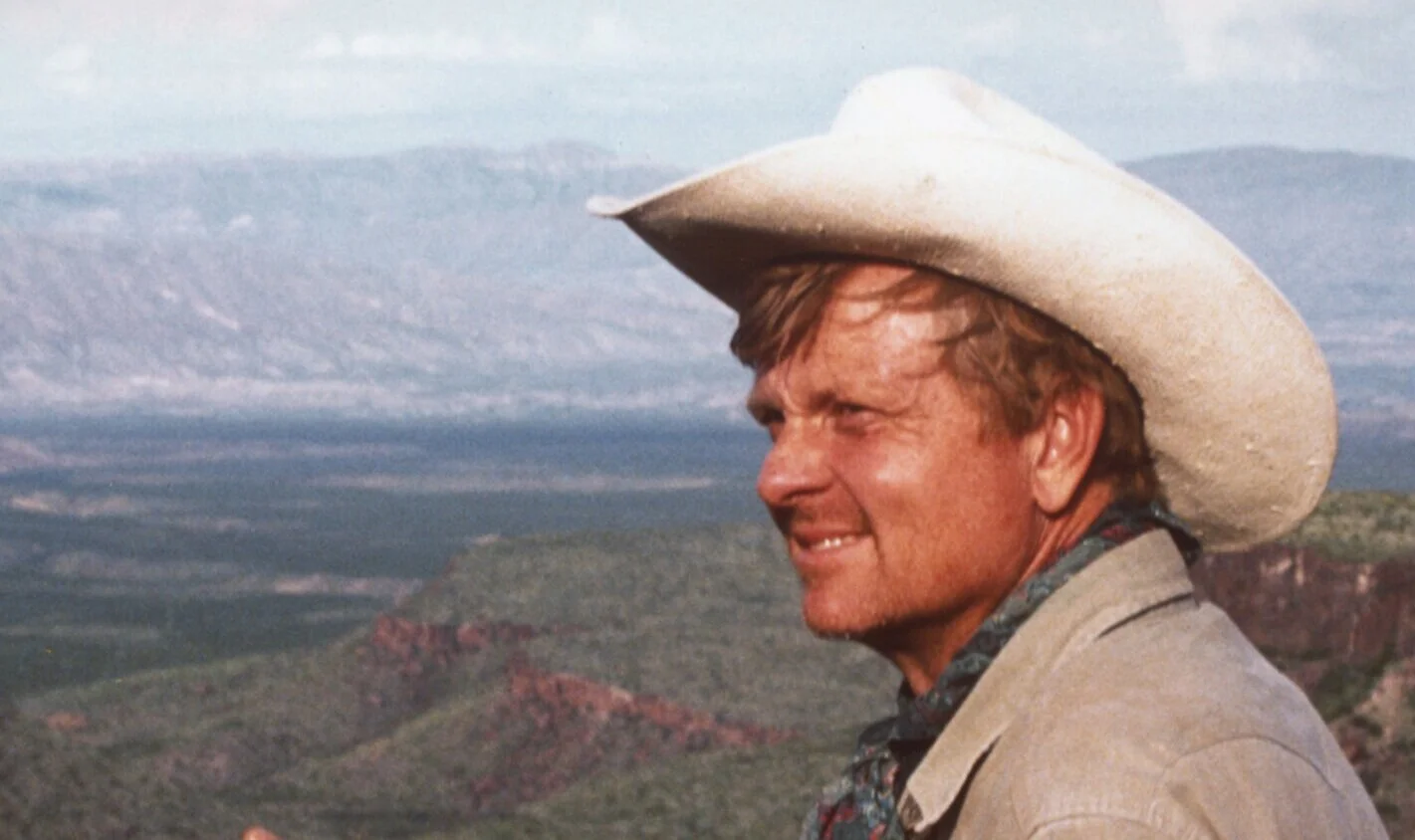
Our Mission
The Useful Wild Plants of Texas Project
We are creating the world’s first comprehensive-interdisciplinary regional economic botany information platform, known as the Useful Wild Plants of Texas (UWP) project, to facilitate targeted plant science research, promote a plant based economy, and ensure wildlife conservation. This regional pilot project for 5000 plant species, spanning most of North America, sets the stage for completing this research on all of the 400,000 species (and counting) on earth as a basis for a sustainable future for humans and all other lifeforms.
What to do? UWP is the core, the foundation upon which real world programs are being created. Earthfit expounds on this project in six action programs to put the UWP research into motion.
EarthFit
EarthFit is the real-world manifestation of The Useful Wild Plants of Texas Project. EarthFit puts the “What can I do to save the planet and have a thriving economy at the same time?” and “What’s in it for me?” into motion through hands-on programs in education, research, product development, marketing, land use diversification, and conservation. To bring these programs to fruition we are creating a facility where plant scientists, conservationists, and business people can interact toward common goals. It is the years of research on our wild plants that allow us to build on our action programs and create a stable economy and a stargate to a sustainable future for our heirs and all life on earth.
What to do? Check out our programs areas. Also, visit the Useful Wild Plants project to follow our progress on this game-changing project.
scooter cheatham explains what we mean by
“saving the planet one plant at a time.”
Whatever you believe about human impact on the world, most of us understand that plants are essential to our lives and underlie every cause close to our hearts.
But the plants that support our every need — including fresh air and clean water — cannot be saved by pitying them or mourning their loss from our armchairs.
They can only be saved by investing in the deep research that will bring to light their untapped benefits, plant by plant, species by species, to humankind.
This is the work of EarthFit, through the completion of the Useful Wild Plants pilot project. While there are many botanical organizations throughout the world, none of them are creating a comprehensive, interdisciplinary treatment of every plant species of a region. Texas is the perfect place for such a pilot project because 11 botanical regions intersect here, and most of our species can be found throughout North America.
Come join us and learn about the genius of plants. We need all the help we can get. It’s a big job. Somebody’s got to do it.
Scooter Cheatham, Founder and President
NEW!
Read “Make Your Shelf Useful” by Sheryl Smith-Rodgers in the August issue of Texas Coop Power Magazine.
Nancy Turner is Professor Emerata at the University of Victoria in British Columbia. She collaborates with First Nations people to to help Indigenous communities retain their traditional knowledge of the plants traditionally used for food, medicine, and material goods.
Norman Lewis is a professor at Washington State University and a former regional editor of Phytochemistry. He tells how and why he remains fascinated with medicinal plant alkaloids and why we must expand plant research.
Tio Kleberg of the legendary King Ranch of Texas raised his children to foster wildlife conservation and habitat management and predicts the future of ranching.
David Todd is a rancher, author, artist, conservationist, environmental lawyer, founder of the Conservation History Center of Texas, and storyteller extraordinaire.
THE UWP INTERVIEW PROJECT
David Hewitt, Executive Director of the Caesar Kleberg Wildlife Research Institute at Texas A&M Kingsville describes the institute’s programs and projects and the importance of wildlife conservation for future generations.
Dr. Marshall C. Johnston, Professor Emeritus of Botany at the University of Texas at Austin, is a taxonomist, and coauthor of the Useful Wild Plants of Texas… and the Manual of Vascular Plants of Texas, and author of numerous journal articles. He discusses plant blindness and the need to get botanical education back in the schools.
Pat McNeal is a commercial nurseryman who designs commercial landscape and water reclamation projects and was a wildfire fighter in California. He speaks eloquently on how plants can improve the urban environment. He is a member of the EarthFit/UWP Board of Trustees.
Mycologist David Lewis discusses the little known world of fungi and their importance for human survival.
David Riskind, the Director of Natural Resources at Texas Parks and Wildlife for 47 years, describes how cacti with eyes wearing sombreros in airports led to legislation to protect rare plants in Texas. He is a member of the EarthFit/UWP Board of Advisors.
Archeobotanist Leslie Bush analyses plant remains for archaeologists, geologists, and naturalists. Here she underscores why the knowledge of ancient and traditional plants uses will guide us to a more secure plant-based future.
Memory Elvin-Lewis talks about a lifetime of botanical adventures with her husband Walter Lewis as they explored the globe to work with indigenous peoples on plants for healing and health and protection of intellectual bioproperty rights.
Greg Clark is a researcher, teacher, mentor, and manager of the Roux Lab at the Molecular Biosciences department at UT Austin.
John Flowers is a naturalist, conservationist, wild plant aficianado, and member of the EarthFit/Useful Wild Plants Board of Trustees. He speaks eloquently on the role of plants in maintaining the health of the planet.
Martin Payne has decades of experience in the oil industry and myriad interests that relate to energy, peak oil, and the role of plants in the future. He gardens, raises cattle, makes stuff, and experiments with how to run his motorcycle using alternative fuels. He serves on the EarthFit/UWP Board of Trustees.
Professor Emeritus Stan Roux talks about how the tomato was the “gateway plant” for him into a 50+ year career in botanical research and award-winning teaching, how botanical research gave him insights into the "unity of life" of plants and animals, and how funding drives research directions for better or worse.…
Texas Monthly Podcast
State of Mind, Episode 8: Useful Wild Plants
Two Austinites have made it their life’s work to document uses for every wild plant in Texas—a project they say could save humanity.
In 1971, Scooter Cheatham was about to graduate from the University of Texas when a week of roughing it in the wilderness of DeWitt County changed his life forever. A few days living at the mercy of nature left him inspired to document practical uses for every wild plant that grows in Texas.
A few years later, he gained a research and writing partner named Lynn Marshall, and together they’ve spent decades on the project, called Useful Wild Plants. It’s a massive, interdisciplinary undertaking involving deep research in scientific libraries and fieldwork across Texas and the land around it. But the stakes are high: it’s a project Cheatham and Marshall say could help humanity survive after we’ve exhausted the resources we rely upon today.
On this final episode of the first season of State of Mind, Katy Vine tells the story of Cheatham and Marshall, and their ambitious project that, after fifty years, is just beginning.
Listen to the podcast at https://www.texasmonthly.com/podcast/state-of-mind-episode-8-useful-wild-plants/#comments

We are a plant-blind culture. We do not see the green support system that makes life on Earth possible. UWP and EarthFit aim to change this.
upcoming event over and done AND GREAT FUN — LET US KNOW IF YOU ARE INTERESTED IN UPCOMING CLASSES
Plant Medicine 101
…From Prehistoric to Present
Event Date: Saturday, September 25, 2021
Event Location: Historic Cuero, Texas, in DeWitt County
Leading experts in pharmacy, chemistry, medicine, economic botany, and plant science offer a once in a lifetime opportunity to learn about plant-based medicines and pharmaceuticals and see medicinal and useful plants growing in the wilds of DeWitt County, Texas.
Presenters include Scooter Cheatham, founder of Useful Wild Plants, Inc./ EarthFit and lead author of the Useful Wild Plants of Texas...; Joe Reuss, pharmacist and founder of the Pharmacy and Medical Museum of Texas; Dr. Wayne Adickes, chemist and vice chair of the Cuero Museum Board; and Dr. Lauren A. Langford, neuropathologist and medical historian. Archivist Jeremiah Ford of the Pharmacy and Medical Museum will conduct a tour of the museum’s singular collections. Scooter Cheatham will take the group into the field.
Plant Medicine 101 takes place Saturday, September 25, 2021. Cost is $85 per person. Limit 15 participants. Must be at least 18 years old to sign up.
Contact Lynn Marshall at berberis.swaseyi@gmail.com or 512.478.5243 for information on the class. Visit usefulwildplants.org to hear the new Texas Monthly podcast on UWP and pharmacyandmedicalmuseum.org for more on the museum.

Plants
Making life possible since 430,000,000 B.C.
The Hidden Treasure Chest
in Your Own Back Yard
How do wild plants connect to what's on your table or in your medicine cabinet? Scooter Cheatham and Lynn Marshall from Useful Wild Plants join Central Texas Gardener host Tom Spencer to recognize the contributions that wild plants make to our food, health, and industry.
Civilizations are driven by the Plant Kingdom
David Todd interviews UWP founder Scooter Cheatham in Lajitas, Texas
Scooter talks about the Useful Wild Plants Project as a way to understand, protect, and develop native plants as food, shelter, clothing, products, and diverse chemical sources.
This video is part of the Texas Legacy Project, a collection of oral history interviews sponsored by the Conservation History Association of Texas.
other things
UWP founder Scooter Cheatham’s “Planet Underfoot” Zoom presentation to the Sierra Club Lone Star Chapter Austin Group April 22, 2022
The Austin Chronicle’s publisher Nick Barbaro announces Scooter Cheatham and Useful Wild Plants Day sponsored by Austin Councilmember Kathie Tovo
Texas Coop Power Magazine August 2023
“Make Your Shelf Useful” by Sheryl Smith-Rodgers









